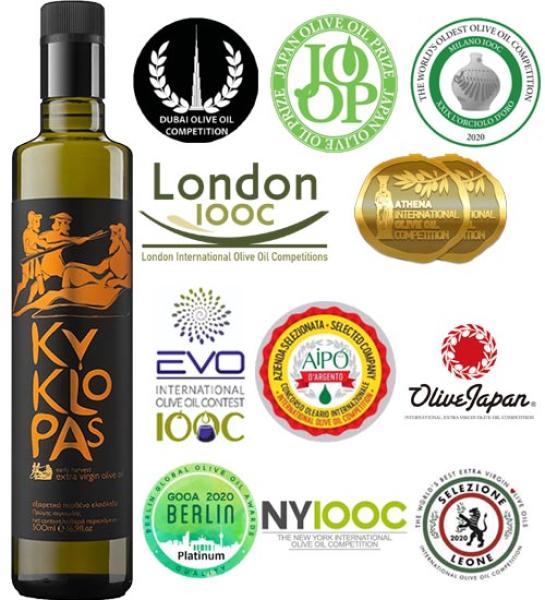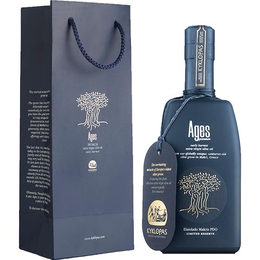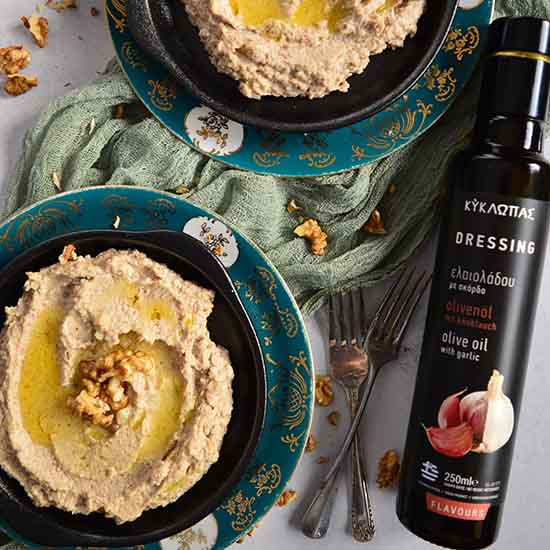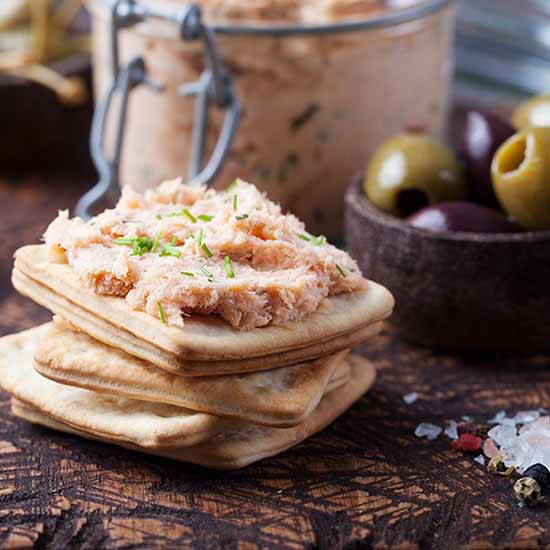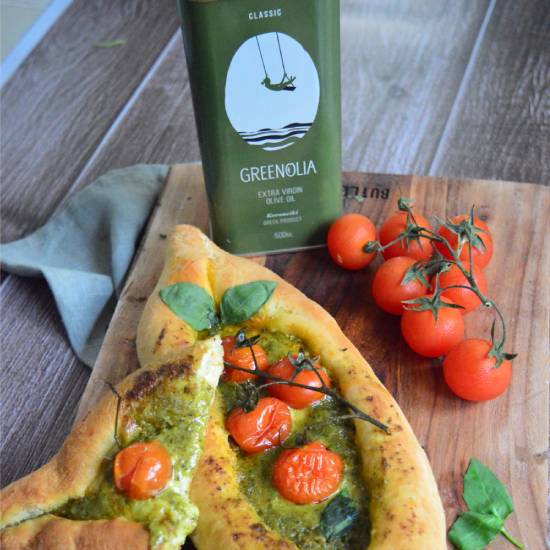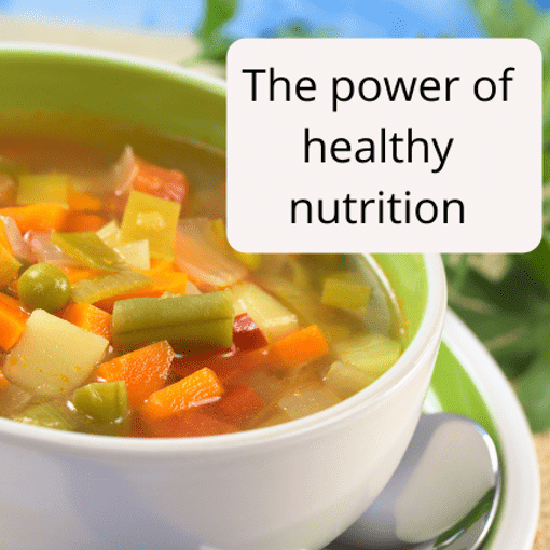Early Harvest
A single variety extra virgin olive oil with an exceptionally low acidity, produced from the Makri olive, which has unique characteristics thanks to the local microclimate and the estate’s soil structure, and is harvested in the middle of October. Characterized by fruitiness of mid to high intensity with enhanced tones of fresh green olive and green banana, artichoke and freshly cut grass. The oil is extracted within 4-8 hours of harvest and cold pressed under optimal conditions. Complex in taste, yet delicate with moderate bitter and spicy tones, it is best consumed raw as a finishing touch to all your dishes.
Τhe most awarded Greek olive oil!
Main features
Specifications
Dimensions
Our Beginning
Kyklopas is a family owned and operated business that began its course several generations back. Argiris Kelidis has been immersed in the world of olives since being a toddler, side by side with his father and his mother. With this solid foundation and vast inherited knowledge, Argiris and his wife Niki Kelidoy went on to set up their own family mill in 1982. The Kyklopas olive mill is situated in Makri, Northern Greece, among one of the oldest olive groves in the Mediterranean, a stone’s throw away from the cave of Homer’s Cyclops (Kyklopas in Greek) and from the ancient road connecting European Turkey to Rome, Via Egnatia. As a result of their passion and love for what they do together with continuously keeping up to date with the latest developments, today the Kelidis family has 12.000 olive trees and 2.000 organically cultivated trees of the local Makri olive variety. They produce Kyklopas Extra Virgin Olive Oil, one of the most highly awarded olive oils in Greece.
Our Cultivation
At Kyklopas estates, we cultivate our trees with prudent use of water, fertilisers and herbicides. Every phase of production is managed in such a way as to protect both the environment and the consumer. We use the latest technology in olive harvesting, harvesting with automated vibration machinery to avoid damaging the olives. We place the olives in crates which are well-ventilated and free of plasticizers. The olive oil is produced the very same day as harvesting and under optimal conditions (cold extraction below 25 degrees). Immediately after extraction, the oil passes through paper filters in order to retain the oil’s chemical characteristics and natural aromas. We then store the oil in stainless steel tanks in a cool and dry environment. Subsequently, we bottle the oil ourselves under hygienic conditions in accordance with ISO 22000:2005 and ISO 9001:2015.
Our Mission
Our mission is to continue producing a premium high quality extra virgin olive oil. We want to excite every consumer with our oil, catapult all their dishes to the next level while providing all the beneficial health properties of olive oil. For years now, our family has been using the very best olive oil, and we believe it is worth being on your table too.
"The advantage of our extra virgin olive oil is that we have full control of every single stage of the production process - from cultivating the olive grove, extracting the oil at our own mill to bottling on our premises. This way we are able to guarantee the consistent quality of our oil."
Our Awards
Over the years, we have participated in demanding international and Greek olive oil quality competitions such as Olivinus, Ovibeja, NYIOOC, China International Olive Oil Competition, London, IOOC Terraolivo, Athena KOTINOS, Japan, Olive Los Angeles, Monocultivar, BIOL, DER FEINSCHMEKER and many more. The results speak for themselves, with us winning a multitude of awards and placing Kyklopas Olive Oil in the top ten of the world rankings, and simultaneously putting the region of Makri on the world map of the olive oil industry.
Exporting
Kyklopas Extra Virgin Olive Oil is exported to many countries around the world, including Germany, Switzerland, England, the Netherlands, Romania, Poland, Japan, Taiwan, Bulgaria, Canada and Cyprus. We form long-term relationships with our customers and clients who depend on us. We adhere to schedules and we are in constant contact with the customer at all stages of preparation of each order. We ensure our products are received in optimal condition, both in terms of packaging (bottles - labels) but also their contents.
Eco-consious
Kyklopas is sensitive towards the natural environment, inspired by our environmental conscience. Our environmentally friendly policy towards farming includes the composting of pruned branches rather than burning them. We also preserve the natural greenery and turf in our olive grove. We routinely inspect and examine the fallen leaves to ensure the best quality soil. In terms of oil extraction, liquid waste is collected daily by a biogas electricity plant while the leaves and pruned branches are used to make compost which is then returned to our olive groves. Finally, all our packaging is made of recyclable materials.
The story of the Cyclops (Kyklopas in Greek)
It is said that the Cyclops cave, who was named Polyphemus and is known from Homer's Odyssey, is located on the south side of the village of Makri, near Alexandroupolis. Specifically, the cave is located below the archaeological site, with an entrance dimension of 5*3 metres, which is increased as you go deeper. Space consists of different carved chambers with stairs and clay structures.
According to Homer's Odyssey, when Odysseus and his men entered the Cyclops cave, Polyphemus, son of Poseidon, prevented the men from leaving the cave. After the Cyclops had eaten two of the men and fell asleep, Odysseus and the others caught a wooden stick in his eye and turned him blind. Then, Polyphemus released the exit leading the sheep out of the cave and trying to trap Odysseus and his men. However, the men were hidden under sheep's bellies and managed to escape from the cave.
According to local tradition, the Cyclops cave was a place of worship of the deities of Thrace. During the Byzantine era, it seems that the area around and inside the cave was used as a cemetery.
Research shows that the area was inhabited during the Neolithic period (5000 BC) by a settlement, which is one of the most important in the Balkan Peninsula.

